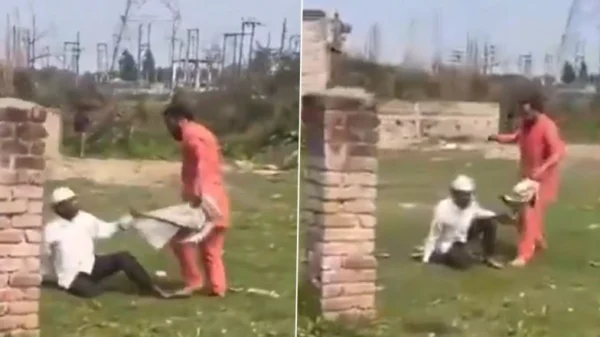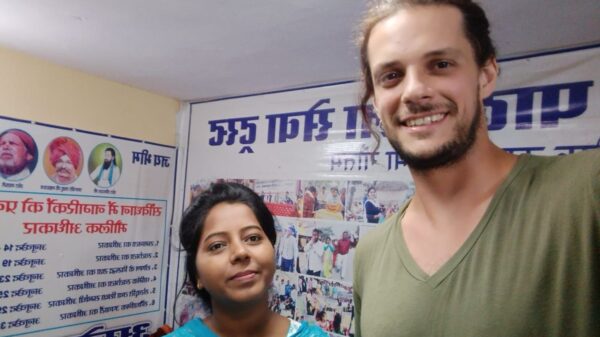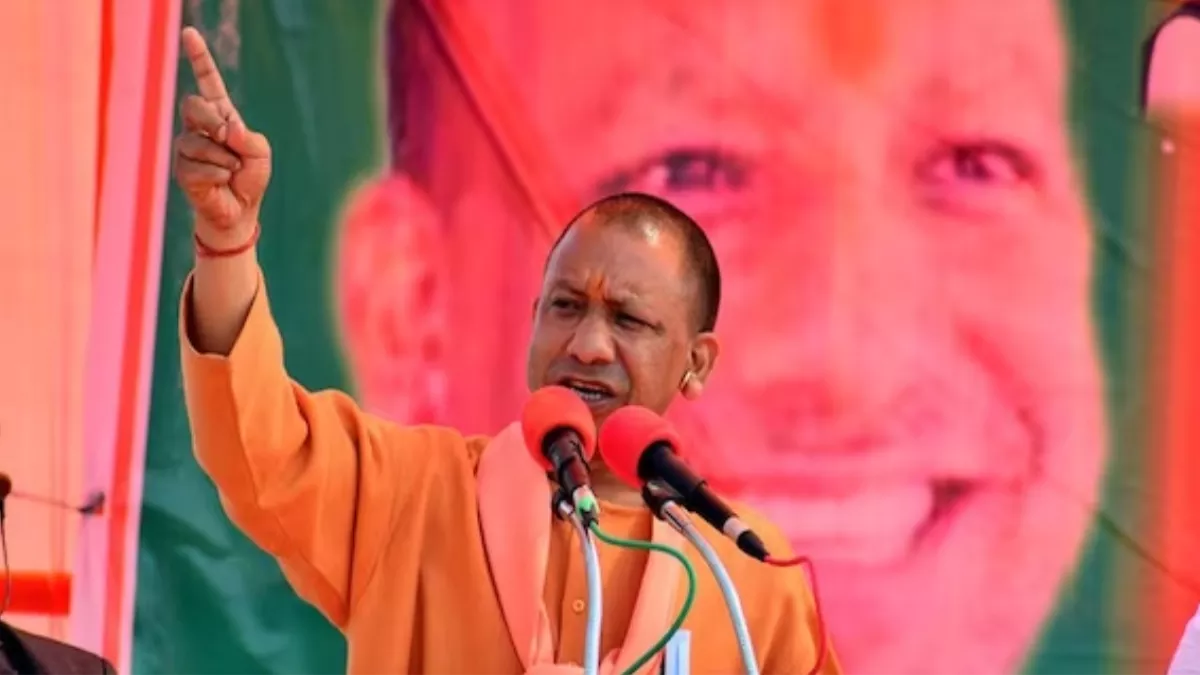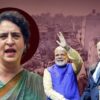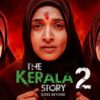Uttar Pradesh Chief Minister Yogi Adityanath on Monday announced that singing “Vande Mataram” will soon be made compulsory in all schools and educational institutions across the state. Speaking at an “Ekta Yatra” (Unity March) in Gorakhpur, he said the move is meant to inspire pride and respect for Bharat Mata and strengthen national unity.
“There should be a sense of respect for the national song Vande Mataram,” Yogi said. “We will make singing it compulsory in every school and educational institution of Uttar Pradesh. This is essential for everyone. We must identify and counter all factors that weaken national unity and integrity so that no Jinnahs are born again to challenge India’s integrity.”
The Chief Minister also criticised the Congress, saying the party once called Vande Mataram “communal” and even amended it, which he claimed was one of the reasons behind India’s partition. “No religion or caste can be greater than the country. We must rise above beliefs that hinder national unity. There is no point in opposing Vande Mataram,” he added.
The controversy around Vande Mataram resurfaced last week when Prime Minister Narendra Modi accused the Congress of “tearing apart” the song in 1937. “A portion of Vande Mataram was removed, sowing the seeds of division,” the Prime Minister had said, adding that this “divisive mindset” continues even today.
BJP spokesperson C.R. Kesavan also criticised former Prime Minister Jawaharlal Nehru and the Congress for “pandering to communal sentiments” by altering the lyrics particularly by removing references to Goddess Durga. He cited letters written to Netaji Subhas Chandra Bose in 1937 that mentioned concerns that Vande Mataram might “irritate Muslims.”
In response, the Congress accused the BJP and its ideological mentor, the RSS, of hypocrisy, saying they themselves avoid singing Vande Mataram at meetings and prefer Namaste Sada Vatsale, the RSS prayer. Congress President Mallikarjun Kharge demanded an apology from the BJP for “insulting” the 1937 Congress Working Committee and Rabindranath Tagore, who had helped define the national song’s accepted version.






